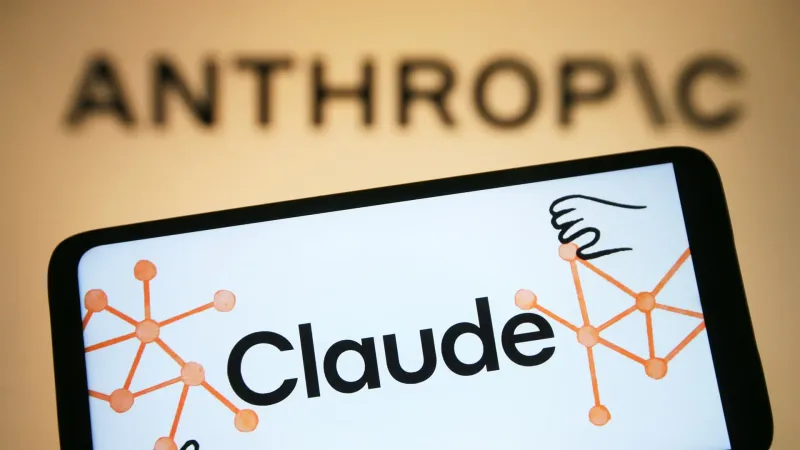
US Spectrum Auction: A Financial Windfall or a National Security Risk?
A US bill proposes a radio frequency auction for billions of dollars but raises concerns about national security.

The recent announcement of Claude 4, Anthropic's new AI model, has generated significant buzz. But beyond the hype, what does this new version actually bring to the table?
Claude 4, consisting of the Opus 4 and Sonnet 4 models, stands out for its ability to perform complex tasks autonomously for hours, even a full workday. Tests at Rakuten showed that Opus 4 could work uninterrupted for seven hours on an open-source code refactoring project. This unprecedented endurance far surpasses the capabilities of previous models.
Beyond endurance, Claude 4 improves coding accuracy and efficiency. It achieved a score of 72.5% on the SWE-bench benchmark, even outperforming OpenAI's GPT-4.1. Sonnet 4, which is faster, also excelled with a score of 72.7% on the same test. These results position Anthropic as a major competitor in the field of advanced AI, particularly for software development.
These models also integrate "extended thinking" capabilities and use external tools such as web searches to enhance their reasoning. They can, for instance, extract key information from local files and retain it to maintain continuity of their work across multiple sessions. The integration of Claude 4 with development environments such as VS Code and JetBrains, via Claude Code, further enhances its usefulness for developers.
However, the autonomy of Claude 4 raises questions. Even with an 80% reduction in unauthorized actions compared to the previous version, the possibility of subtle errors or suboptimal choices remains. Human intervention remains essential in the code review and validation process.

A US bill proposes a radio frequency auction for billions of dollars but raises concerns about national security.

Major cyberattacks have recently hit France, targeting public institutions and luxury brands. The scale of these incidents raises questions about data security and the country's vulnerability.

FogoChain, a new Solana-based blockchain, raised $8 million to optimize its performance using Firedancer technology.